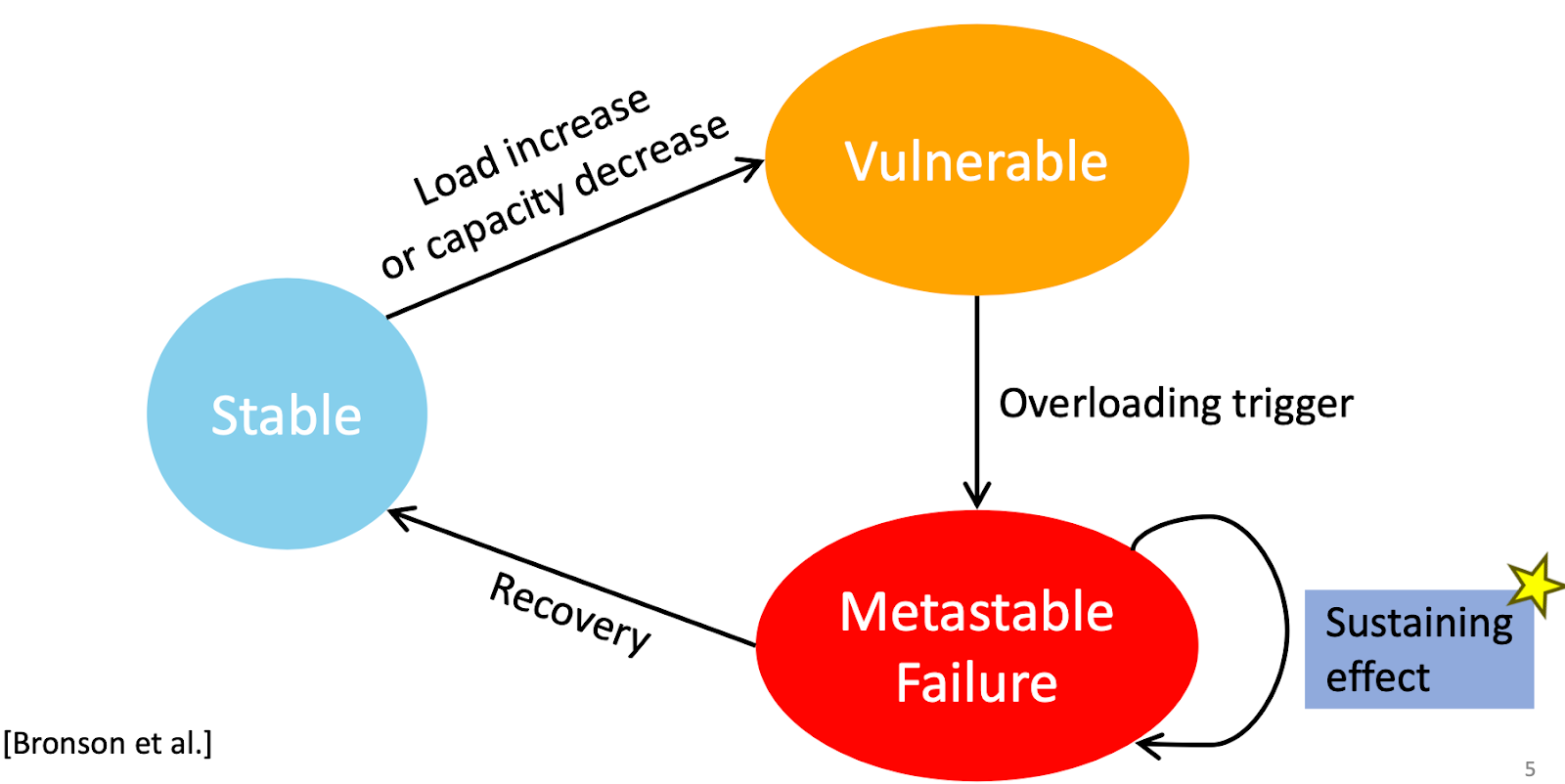Book review. Range: Why Generalists Triumph in a Specialized World
This is a very recent book, released on May 28, 2019. I got drawn to this book due to its interesting and controversial title: "Why Generalists Triumph in a Specialized World". The blurb about the book says: "If you take a closer look at the world's top performers, from professional athletes to Nobel laureates, you'll find that early specialization is the exception, not the rule. [David Epstein] discovered that in most fields--especially those that are complex and unpredictable--generalists, not specialists, are primed to excel. Generalists often find their path late, and they juggle many interests rather than focusing on one. They're also more creative, more agile, and able to make connections their more specialized peers can't spy from deep in their hyperfocused trenches. As experts silo themselves further while computers master more of the skills once reserved for highly focused humans, people who think broadly and embrace diverse experiences and per






